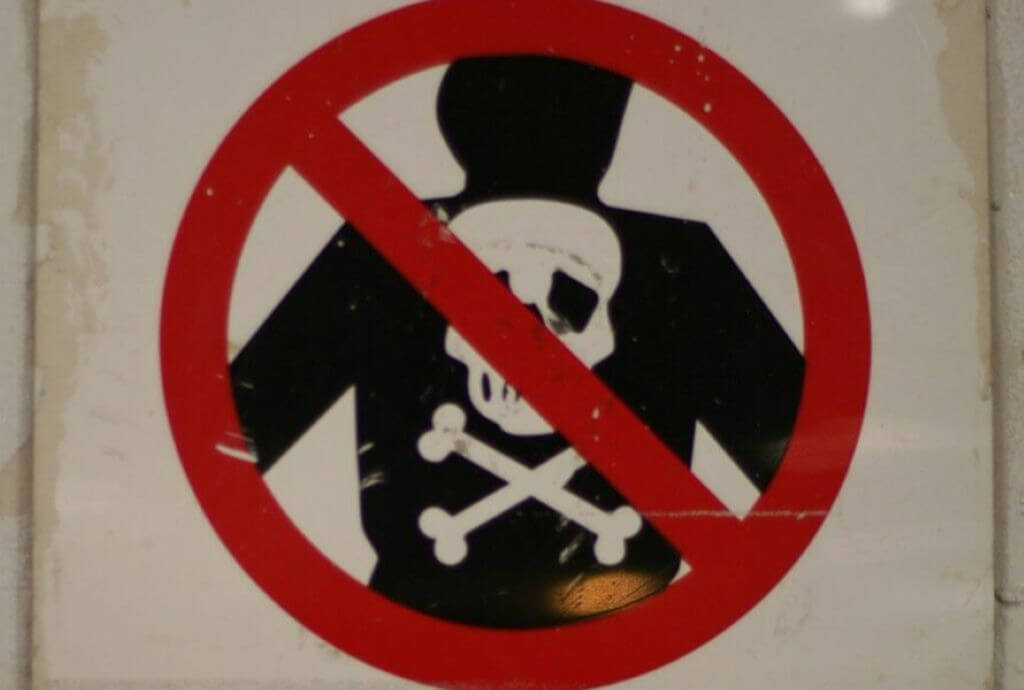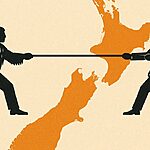Summarised by Centrist
A National Party bill to ban under-16s from using social media has met political pushback.
Introduced by MP Catherine Wedd and backed by PM Christopher Luxon, the bill would require platforms like TikTok and Instagram to verify users are over 16.
“As a dad, I feel very strongly that we need to do a lot more to keep our kids safe from harm,” Luxon said.
But ACT leader David Seymour called the proposal “simple, neat, and wrong.”
He favours a select committee inquiry involving psychologists, tech firms, and education experts to explore practical options.
ACT’s opposition means the bill lacks the numbers to be adopted by the government in its current form.
Editor’s note: The practical enforcement of a social media age limit raises the issue: how do you prove someone’s age without requiring them to prove their identity?
In Australia, where similar legislation has passed, due to take effect in late 2025, the government has admitted that age verification will likely rely on digital ID systems. This could include biometric checks or third-party identity verification.
Once the infrastructure is in place, it doesn’t just verify age but can track who is online, where, and doing what.
Experts like New Zealand tech commentator Vaughan Davis and economist Eric Crampton have raised concerns: you can’t enforce this kind of policy without building systems that erode anonymity online – systems that have never before existed in liberal democracies.
How would these systems be governed and controlled once they’re in place?
Some warn that it’s a slippery slope toward permanent surveillance, especially if combined with broader “misinformation” or online content laws.



















